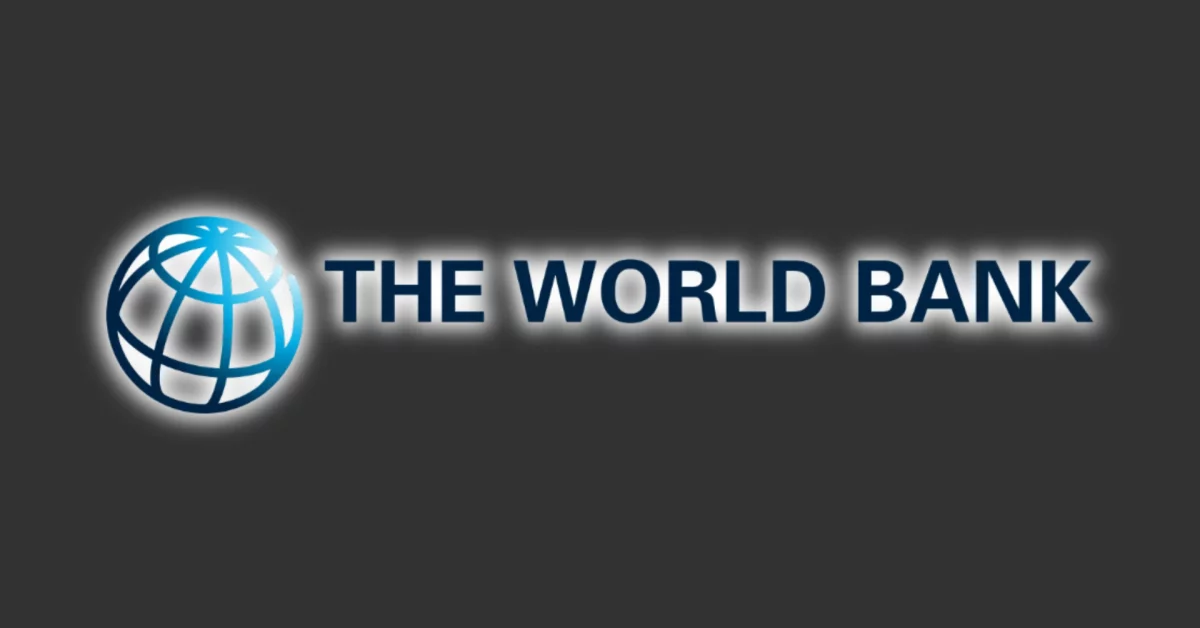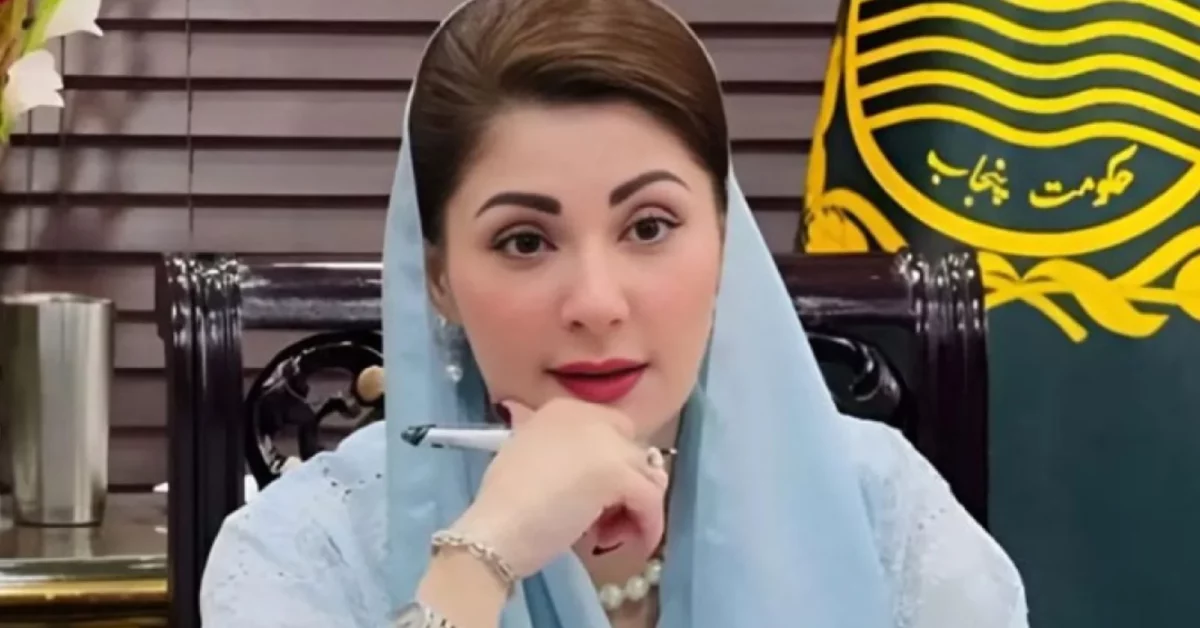
Pakistan’s First Chinese Submarine to Surface Next Year
November 3, 2025
China Proposes Global Body to Govern AI
November 3, 2025The World Bank has called on Pakistan to overhaul its trade agreements and adopt a flexible exchange rate to boost exports. It emphasized structural reforms, reduced input costs, and deeper trade integration to unlock untapped economic potential.
Read more: World Bank Appoints New Director for Pakistan
The World Bank has urged Pakistan to revamp its preferential trade agreements and adopt a market-driven exchange rate to reverse decades of declining exports. In its policy advisory, the Bank highlighted that Pakistan’s exports have dropped from 16% of GDP in the 1990s to just 10% in 2024, with the export mix still dominated by low-value textiles and agriculture. It emphasized that growth fueled by debt and remittances is unsustainable.
To enhance competitiveness, the Bank recommended phasing out central bank interventions and allowing a liquid interbank market with broader participation. It also called for publishing detailed transaction data and reducing reliance on managed exchange rates, which have triggered repeated balance-of-payment crises.
The report pointed to structural inefficiencies—high tariffs, energy costs, red tape, and over 200 state-owned enterprises—as barriers to productivity and investment. Pakistan’s limited trade agreements, mostly focused on narrow tariff reductions, were deemed underutilized. The Bank advised expanding these to include services, investment, and digital trade, especially with emerging markets like Sub-Saharan Africa and Latin America.
It also stressed the need for targeted training, better consultation with exporters, and stronger monitoring of trade deals. Complementary reforms in tariff policy, logistics, and digital infrastructure were deemed essential to unlock $60 billion in “missing exports.”




